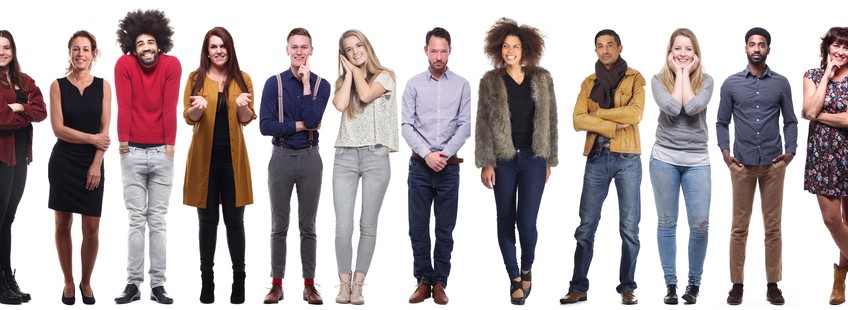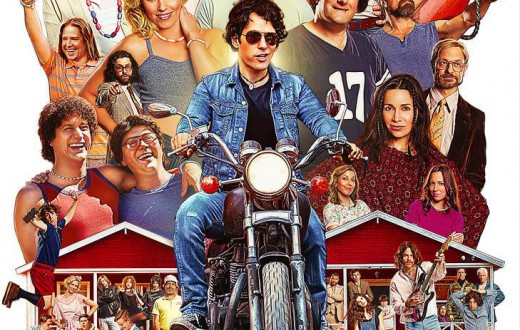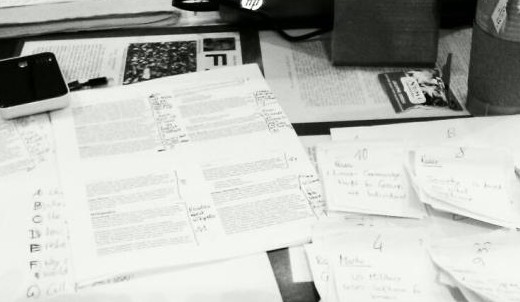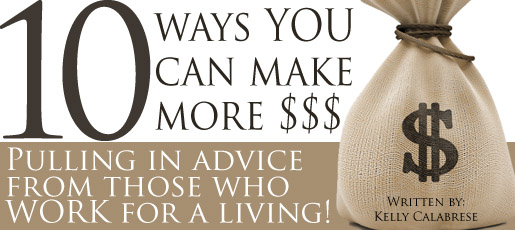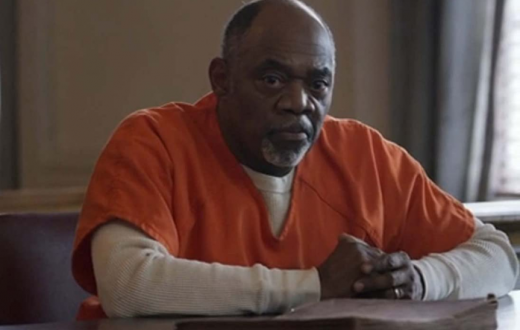So you got the call. You’ve been selected from dozens of actors who auditioned to attend the callback. Congrats, first of all! Now the real work begins.
Your excitement kicks in first: you think about how cool would it be if you booked the gig, what a great role it would be for you, or how you might be able to pay the rent for a few months. But you don’t mess with fantasies like that for too long; you print out the sides and get to work, like good actors do.
Then the morning of the audition rolls around. You’re all prepped and ready to hit it, and you go to get dressed and… Oh. Damn.
What am I going to wear?
It’s a silly detail in some ways, but then again it is important. If you show up in something wildly inappropriate, that may well be the one thing the casting team remembers you for. As silly as it is, the clothes you wear to audition can have a impact on your audition and the way you are viewed.
Most importantly, having done the hard work of learning your sides, researching the piece you’re auditioning for, researching the director and his or her previous work, waking up early, refreshed, hangover-free, and eager to read, the last thing you need is the question of what clothing to wear potentially blowing up your equilibrium and kicking in some unwanted, unnecessary nervousness. At the very least it sure isn’t what you need to have at the forefront of your mind right now.
So let’s deconstruct the issue of audition clothes and hopefully eliminate this potential source of stress.
Hopefully. Because the truth is there are many theories on how to choose your audition wardrobe. All we can do here is present the opposing views and one man’s opinion from what I’ve gleaned from industry pros over the years and let you decide for yourself.
To dress or not to dress
The first bone of contention is whether to dress for the part or not. Some say absolutely, others say never, just wear business casual for all your auditions.
The consensus in my experience seems to fall somewhere in the middle: aim in a general sense for what the character might wear but don’t get ridiculous about it.
I got called back for a spot in which the actor would need to swing a golf club and appear to have a reasonable grasp on the game, or at least the mechanics of a golf swing. So most people showed up in something casual, clothes you could move comfortably in. Makes sense, right?
But one guy showed up decked out head to toe in a golf outfit that would make Tiger Woods envious–we’re talking polyester pants, a sweater vest and a plaid cap. He might even have been wearing golf shoes. The kicker? He brought his own clubs.
Just… no.
We get it, champ. You’re a real live golfer in real life, or at least you can fit into your dad’s clothes. First if all, this kind of overcompensation screams of an insecure actor who isn’t confident in his ability to actually act.
Secondly, what kind of message does that send to the casting team? Is it not a tacit assumption that they are idiots devoid of sufficient imagination to picture the actor on the links? Better to split the difference: dress in a general way in the direction of the part but don’t overdo it. If you’re reading for a truck driver, maybe don’t show up in a suit and tie. Conversely if you’re reading for a doctor, maybe don’t roll in wearing board shorts and flip-flops.
Speaking of insulting the intelligence of the casting team, please don’t wear the same outfit over and over again to multiple callbacks for the same part. To do so is a hoary bit of advice that most industry pros have long since disowned. Same as with the golf guy above: if you think your acting has so little impact that you need to remind people who you are through your clothing, well, there’s a problem there, for sure, but it has nothing to do with your wardrobe.
Casting directors are quite accustomed to seeing hundreds of actors every week. This is their job. They have your head shot and resume in front of them. And they didn’t call you back because you wore that cool purple shirt at the general, they called you back because of something you showed them as an actor.
Bottom line: the safe bet is business casual, but it’s also perfectly legit to tweak that up or down depending on the role. Avoid full on costumes and props however, as they are likely to be more of distraction than an aid. The main thing is of course your acting. So follow your instincts on what to wear without taking it over the top, pick something, put it on and then never think of it again.
Then run your lines! And break a leg!

